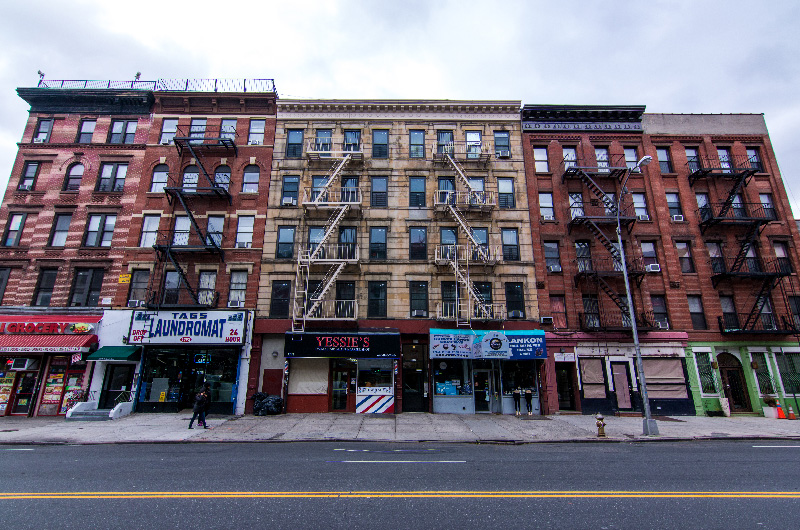
 OER Community311
OER Community311 Search all NYC.gov websites
Search all NYC.gov websites
Partner with a Private Developer
In the 1980s and 1990s, it was common practice for non-profits seeking to develop housing in New York City to acquire City-owned land at little cost. As surplus public land has dwindled and public funding has become more competitive, CBOs now partner with private developers, investors or other non-profits to fund pre-development of new residential and commercial projects. In order to attract such a partner, the non-profit organization must contribute something of value to the partnership and project. An organization can leverage:
Click a topic, or press the enter key on a topic, to reveal its answer.
Land
Attracting a development partner works especially well if the CBO owns property and will commit the site to the project. By delivering the site, a community organization is in a strong position to determine the property’s end use.
Funding
Non-profits have access to sources of pre-development funds not available to a private developer. Contributing such funds to a project can finance a project’s early development and reduce the amount of equity otherwise needed to fund a project’s early stages. A non-profit is given more flexible lending terms not available to a private developer, including lower equity requirements, a lower payment guarantee rate, which requires the non-profit to repay a percentage of the loan should the non-profit fail to make full repayment, and a greater loan to value rate. These advantages are a basis for attracting a private developer to a community project.
Another source of pre-development funds available to CBOs is OER’s Place-Based Community Brownfield Planning Grants. These pre-development grants of $10,000 and $25,000 are intended to assist a CBO advance a project on a specific parcel of vacant land in its community. They also pay for planning in the area around the project, including an existing conditions study and an analysis of how the development would change the neighborhood. These pre-development grants can pay for a wide array of studies such as a zoning analysis, pro-forma financial analysis or Phase I assessment as well as important pre-development items including the design of community facility space in a city-funded affordable housing development.
Community Relationships
Many developers find it advantageous to work with a well-regarded local non-profit in the neighborhood where its next project is located. A CBO brings a network of relationships with the community board, other community stakeholders and local elected officials. In a neighborhood where a developer lacks a local presence, a non-profit can make introductions to local stakeholders with the promise of building strong community support for a proposed development, which is essential to a project’s success.
By leveraging land, funding sources, and community relationships, a CBO can position itself as a development partner, joint project owner, project sponsor, or community partner with a private developer, providing input or oversight throughout the site planning and design process.
While Community Development Corporations have long-standing relationships with private developers, networking is generally a necessary first step in building such partnerships. Many private builders look to “give back” by supporting or collaborating with a mission-driven non-profit. Non-profits can meet developers through an introduction from a city agency contact or through networking events that bring the planning community together with the private development community. A CBO may invite a developer(s) to participate on the planning advisory committee or even reach out about a specific project idea.




